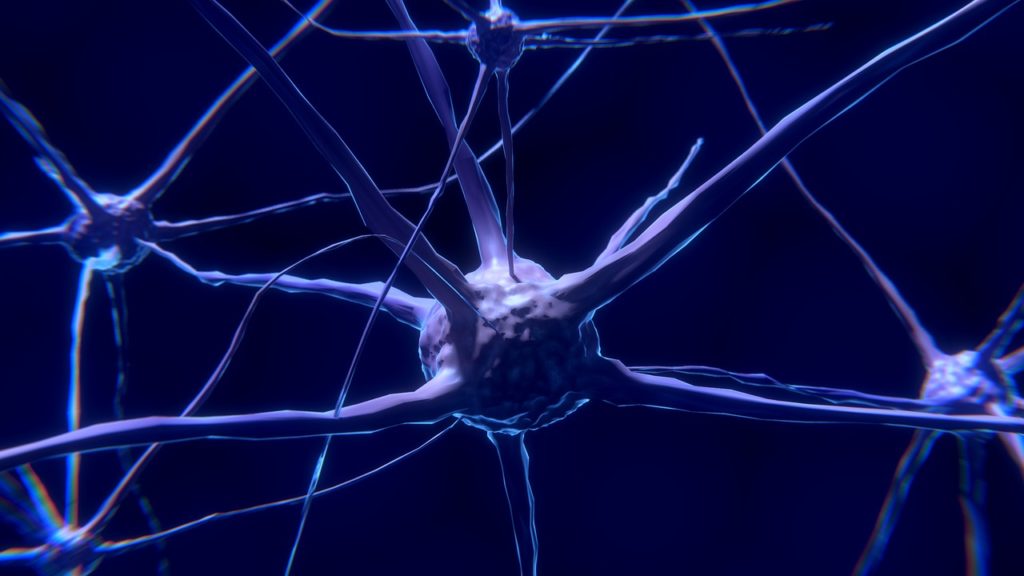“Impact of vagus nerve integrity testing on surgical management in patients with previous operations with potential risk of vagal injury” is a new study published in surgical endoscopy. The authors advocate vagus nerve function testing prior to revision Nissen fundoplication surgery to better select the most suitable surgical option. The study is retrospective and includes 12 patients only. 8 patients had a positive vagal nerve injury test, of which 5 patients had an altered corrective surgery. Two patients had a pyloroplasty in addition to Nissen fundoplication, one had a pyloroplasty in addition to revision Nissen fundoplication and 3 patients had conversion of Nissen fundoplication to partial gastrectomy with Roux-en-Y construction. All patients had gastroparesis symptom resolution after revision surgery.
Vagal nerve injury following Nissen fundoplication is rare in experienced hands. At Houston Heartburn and Reflux Center, both posterior and anterior vagus nerves are clearly identified and preserved. Vagal nerve injury during Nissen fundoplication rarely leads to gastroparesis because the fundoplication itself increases gastric emptying. Furthermore, gastric emptying study and vagal nerve injury testing are associated with false negative as well false positive rates that may complicate the interpretation of results and subsequent patient management. There is also poor correlation between gastric emptying rate and patient symptoms. Should we investigate asymptomatic patients prior to revision Nissen fundoplication surgery, and should we address gastroparesis in asymptomatic patients who have abnormal gastric emptying studies? The authors of this study concluded that vagal nerve integrity testing prior to revision fundoplication surgery alters surgical decision making and improves outcome. Of note their treatment approach to gastroparesis relies on pyloroplasty or conversion to Roux-en-Y gastric bypass. Both approaches are not reliable in alleviating gastroparesis related symptoms and improving gastro-intestinal motility.
At Houston Heartburn and Reflux Center, I adopt a more selective approach when it comes to pre-operative testing for gastroparesis. Patients with bloating, nausea, postprandial fullness, and vomiting get a gastric emptying study. Patients with positive gastric emptying study typically improve after a properly performed Nissen fundoplication. Patients with severe gastroparesis or those who have solid food residue on upper endoscopy are offered revision Nissen fundoplication with antrum preserving longitudinal gastrectomy. I have had great success with this approach in terms of completely eliminating gastroparesis related symptoms and normalizing gastric emptying. I rarely perform a pyloroplasty in the setting of Nissen fundoplication to improve gastric emptying. I never offer Roux-en-Y gastric bypass surgery for treatment of gastroparesis. Gastric bypass with or without subtotal gastrectomy, in my opinion, is not a solution for gastroparesis. Patients with gastroparesis and acid reflux who are obese or cannot undergo a fundoplication procedure are offered an antrum preserving sleeve gastrectomy. Care must be taken not to narrow the incisura angularis and properly fix any associated hiatal hernia to prevent post sleeve gastrectomy acid reflux.
To conclude, vagal nerve integrity testing has limited role in a center of excellence for acid reflux management. I selectively use gastric emptying studies in my pre-operative work up for revision Nissen fundoplication surgery. I agree with the authors, however, that additional studies are needed to help define diagnostic and treatment guidelines for gastroparesis.

